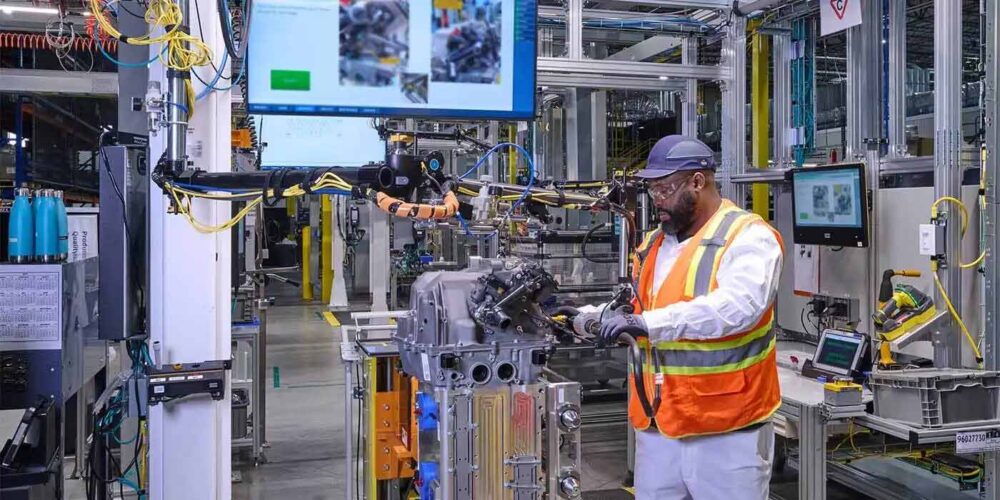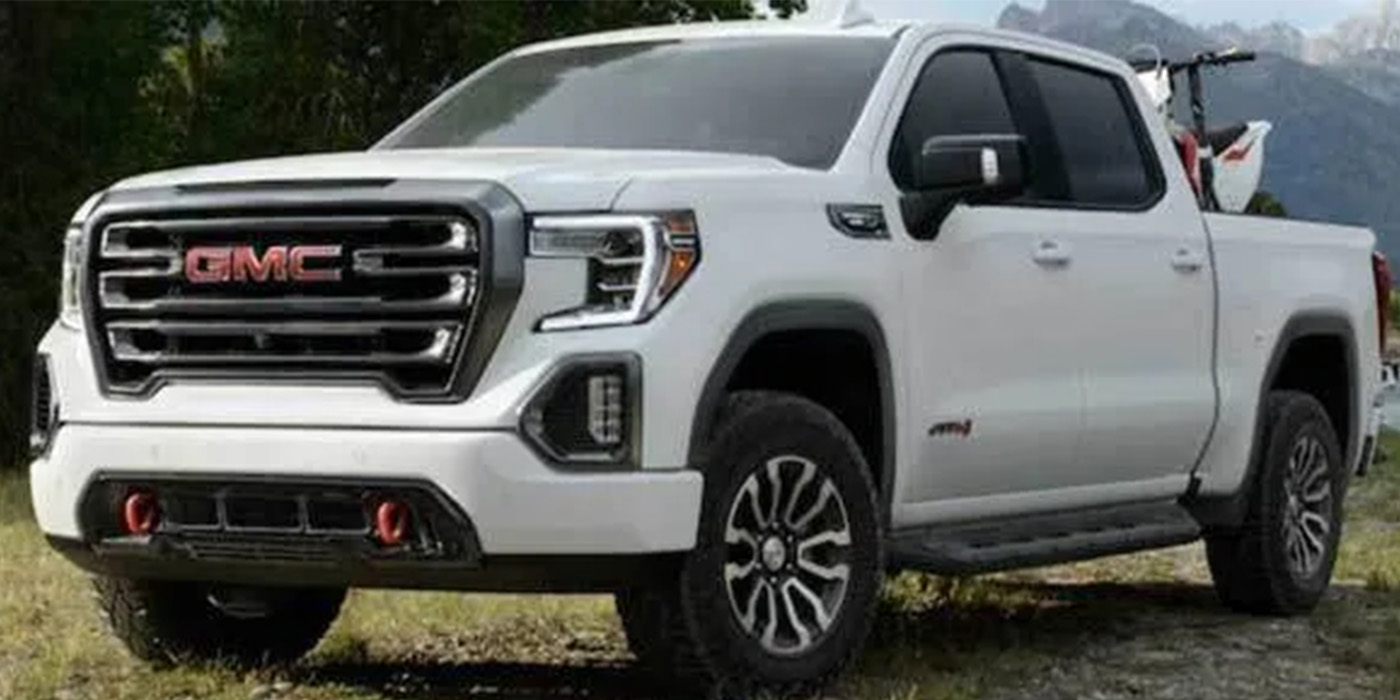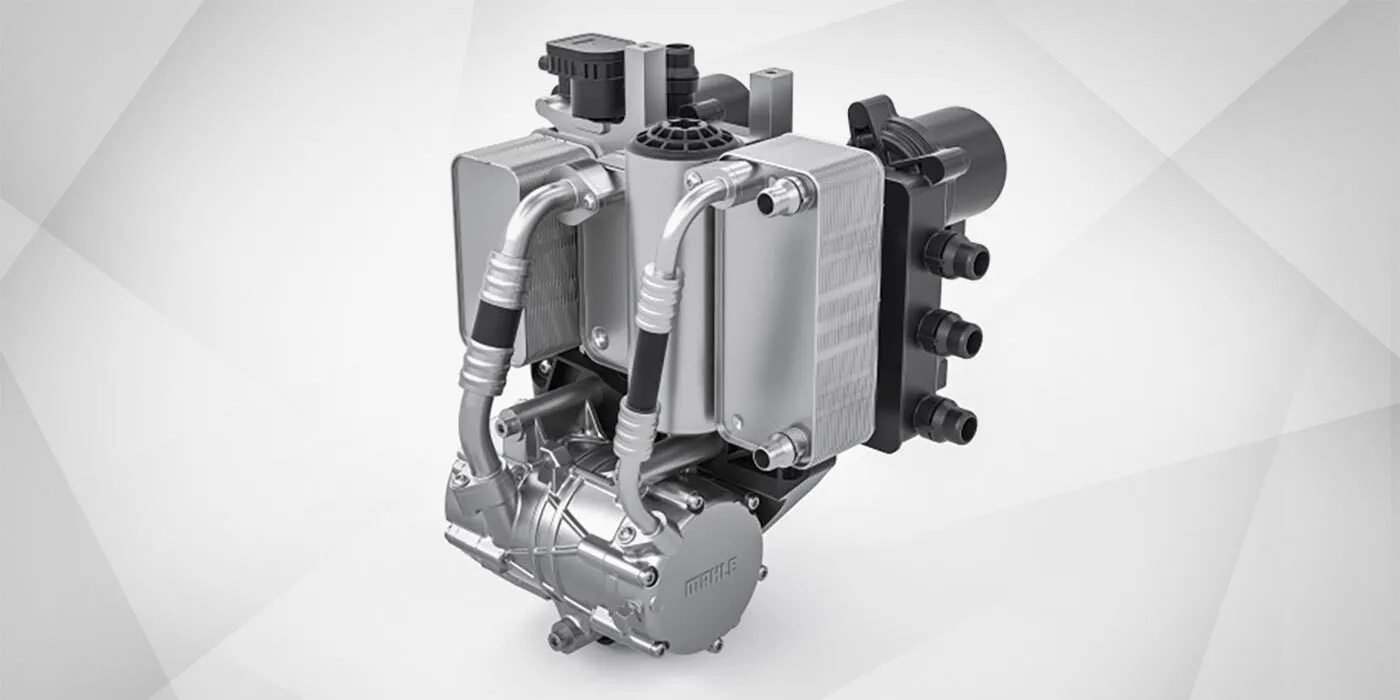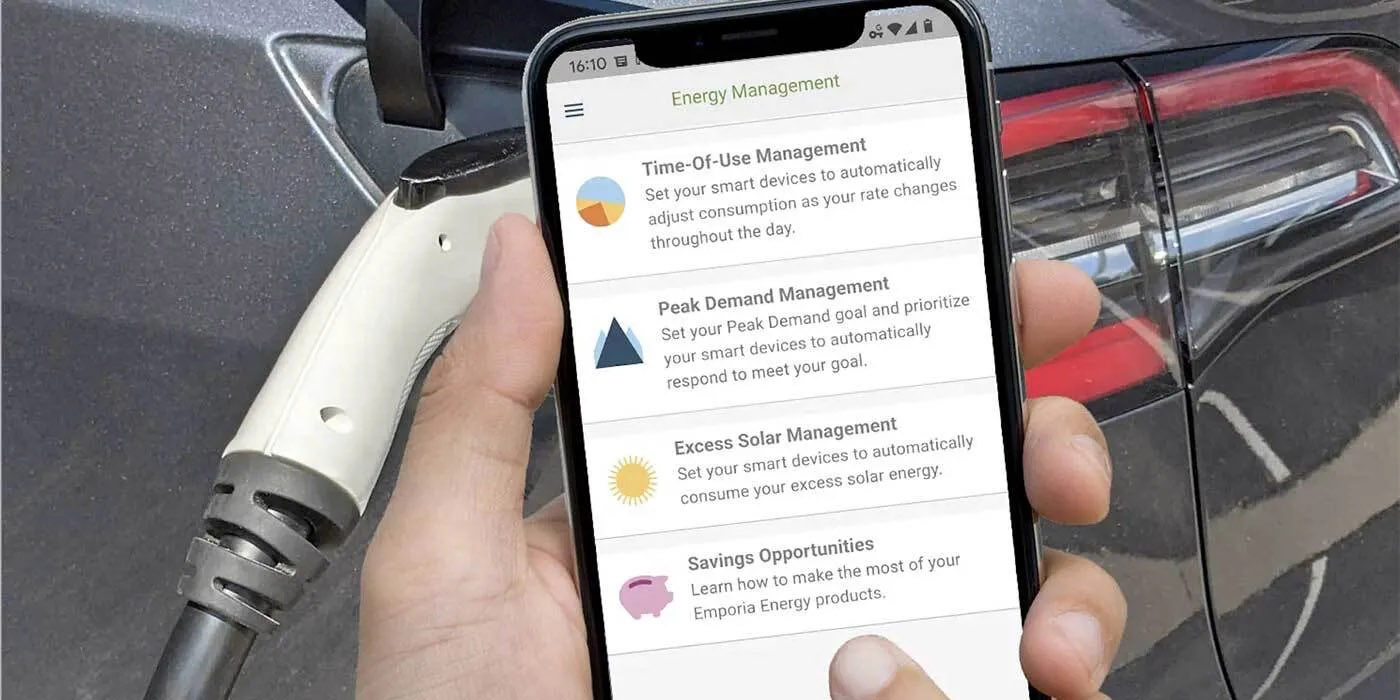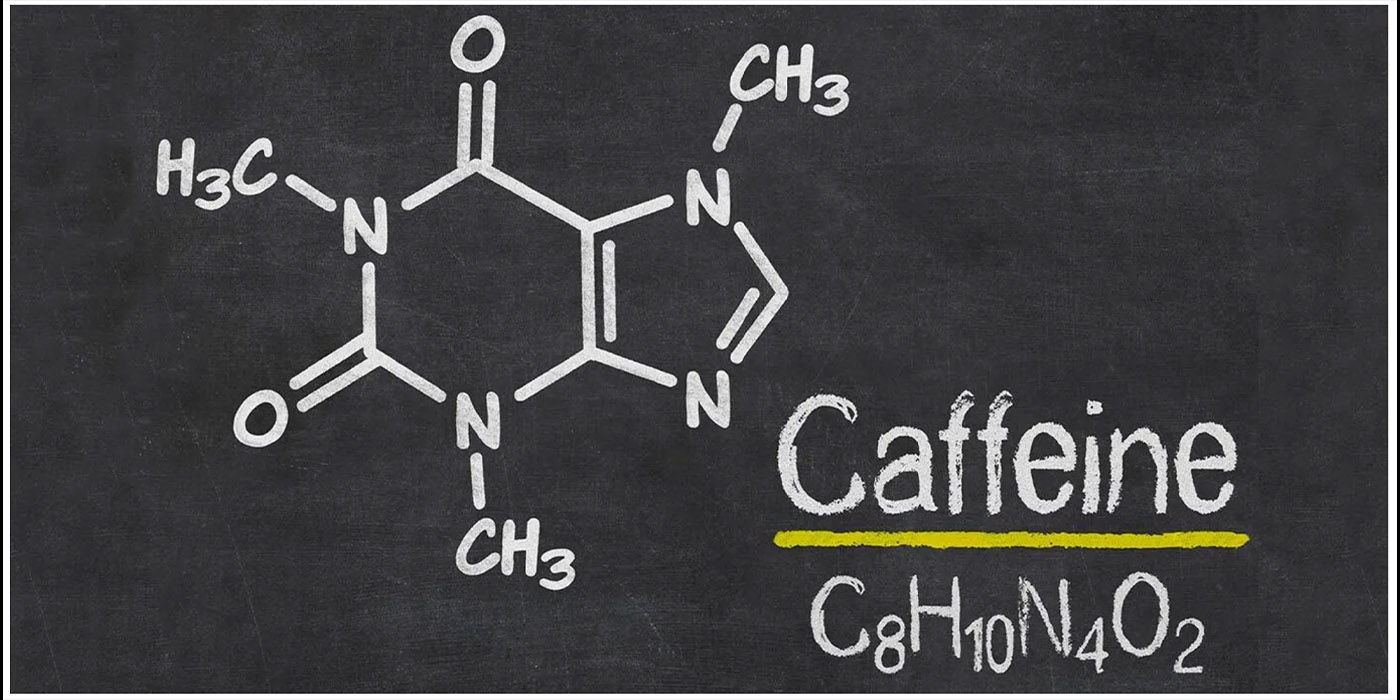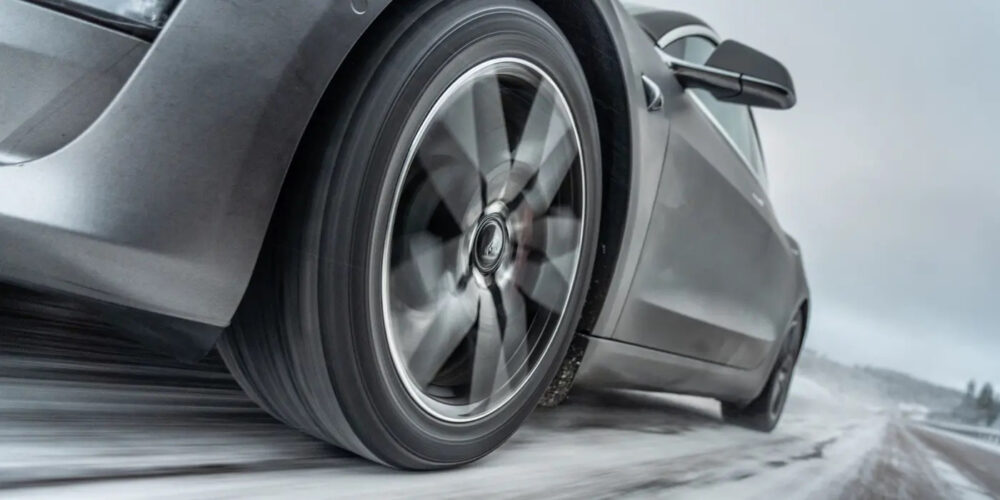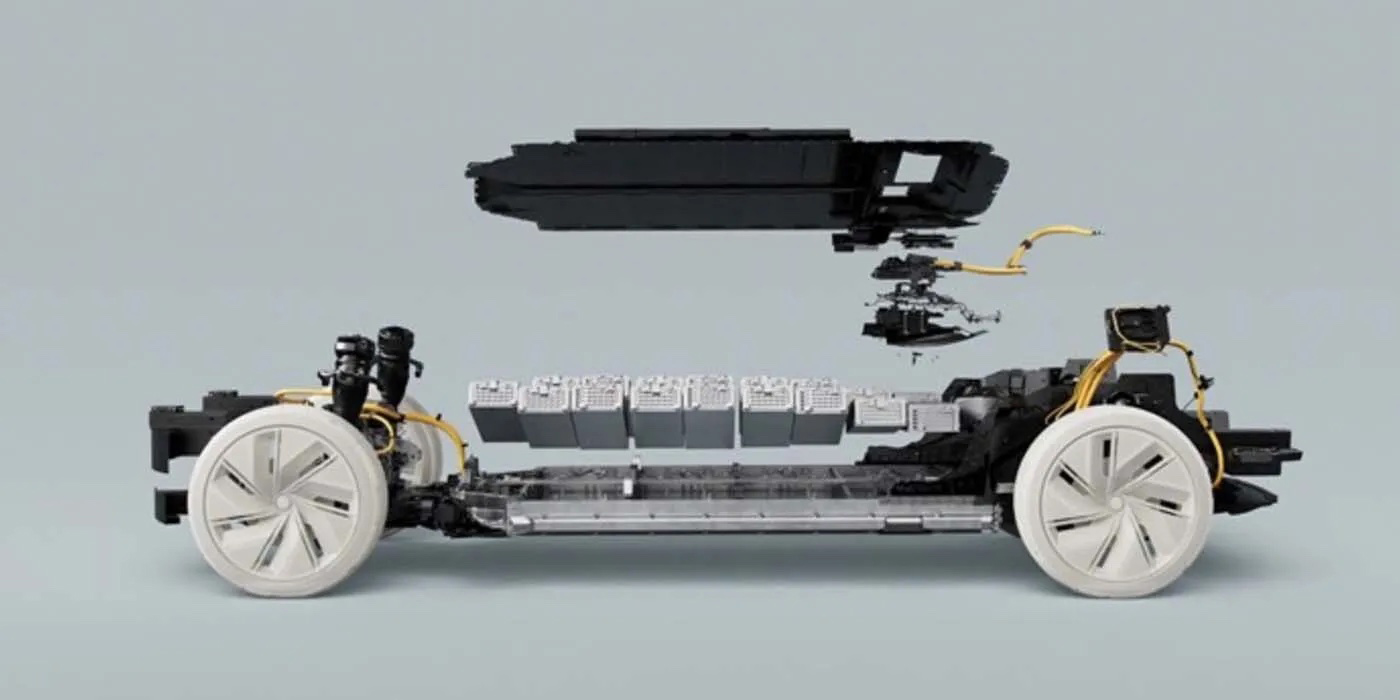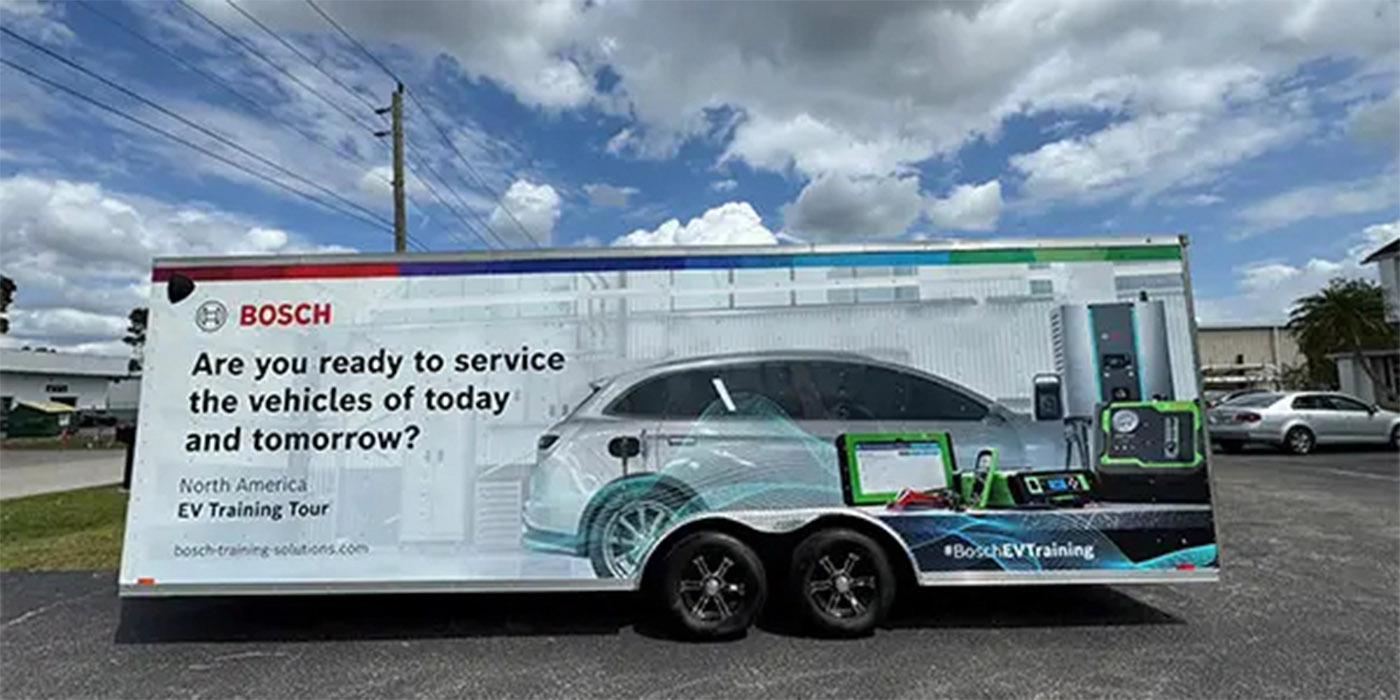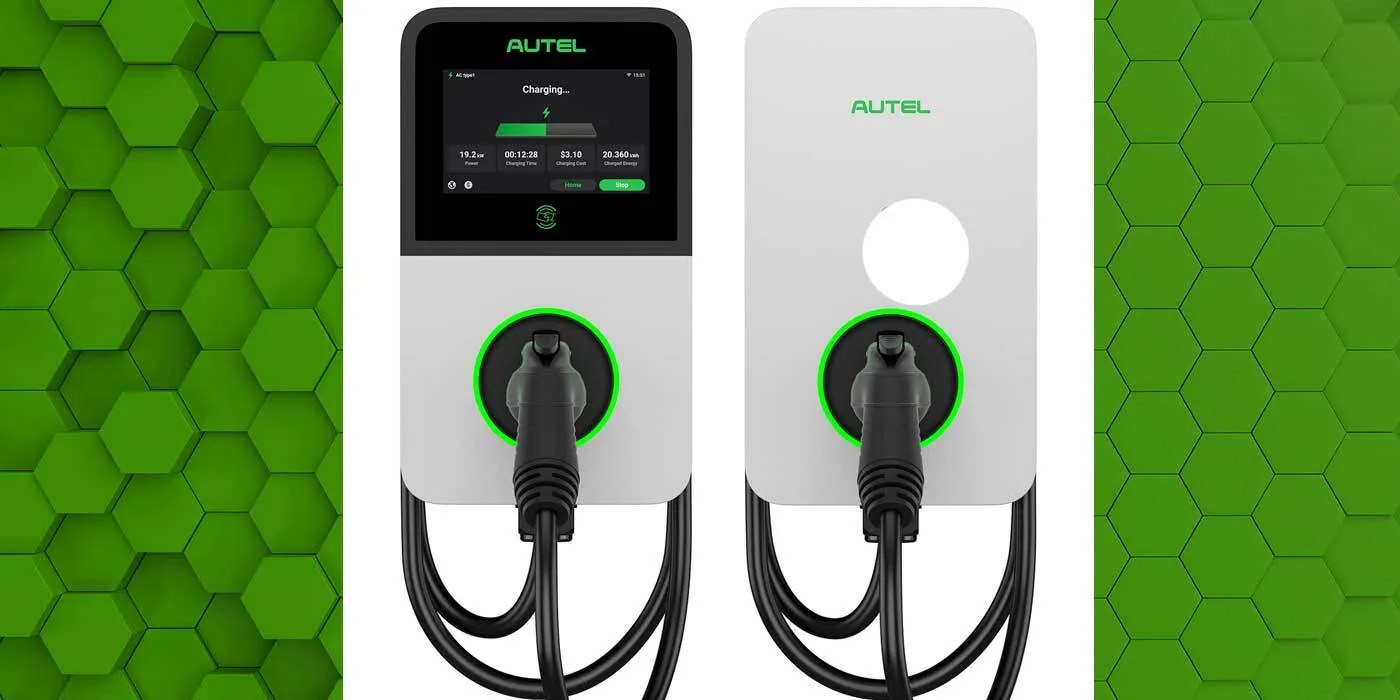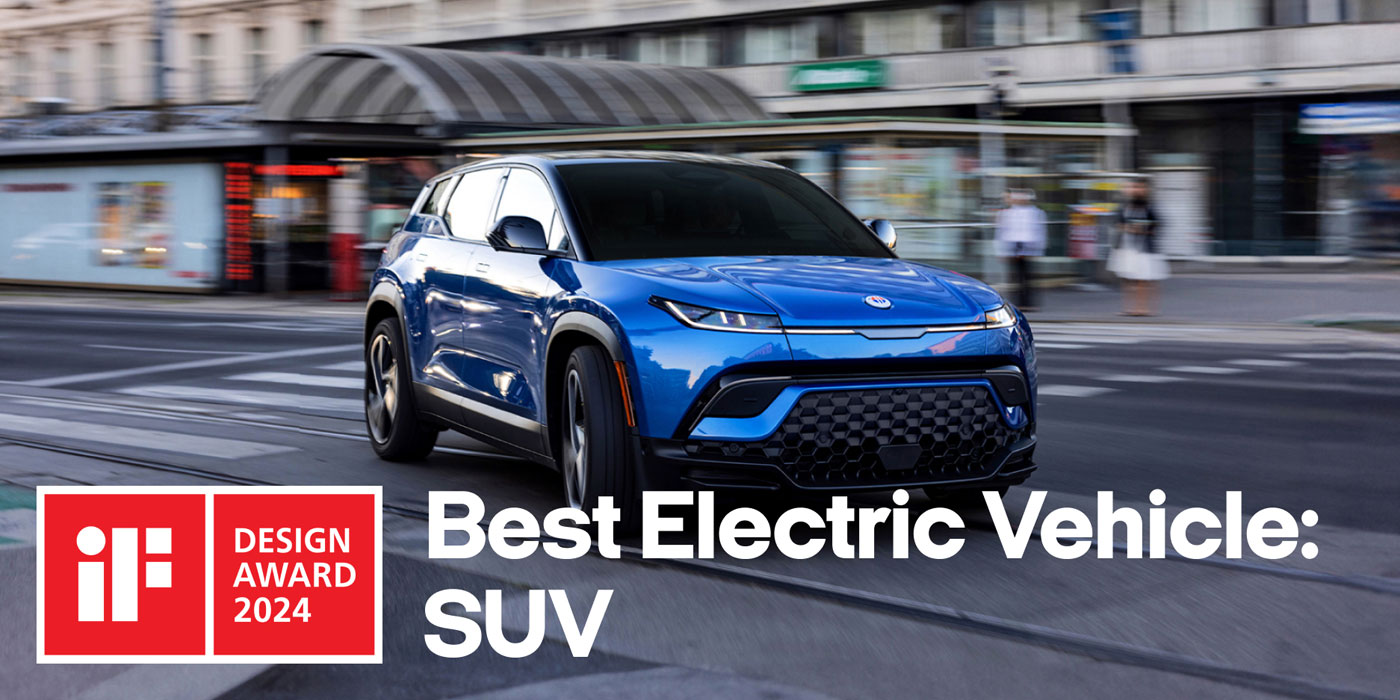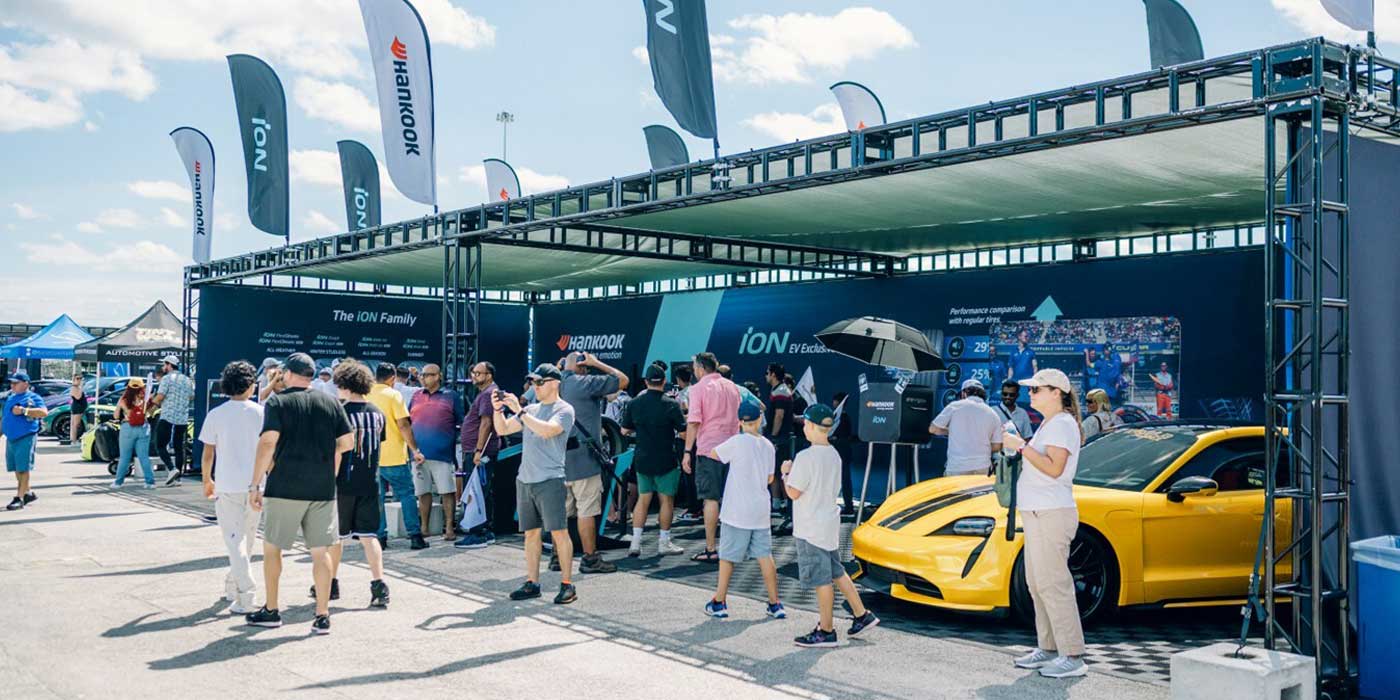GM and Honda said they’re starting production at their 50/50 joint-venture production facility, FCSM, in Brownstown, Michigan.
FCSM was established in January 2017 based on a joint investment of $85 million.
The company said hydrogen-power solutions built at the 70,000-square-foot facility will be used by both companies in various product applications and business ventures.
“GM and Honda are the first full fuel-cell system manufacturing joint venture to begin volume production of fuel cells for transportation and beyond,” FCSM President Suheb Haq said. “We begin the process with raw materials for membrane and electrode through completed systems. Ongoing investment and commitment by both companies are driving our success at FCSM.”
Honda and GM engineers began work in 2013 on the co-development of the fuel-cell system.
GM and Honda said they collaborated to double durability compared to the 2019 Honda Clarity fuel cell by using corrosion-resistant materials and by improving low-temperature operation.
The two companies said they also focused on lowering development and manufacturing costs by leveraging economies of scale, advancing the cell design, simplifying supporting auxiliary equipment, utilizing common sourcing and reducing the use of costly precious metals.
Through this collaboration, the new fuel-cell systems will be two-thirds less expensive to make when compared to the cost of the fuel cell system in the 2019 Honda Clarity fuel cell, the companies said.

